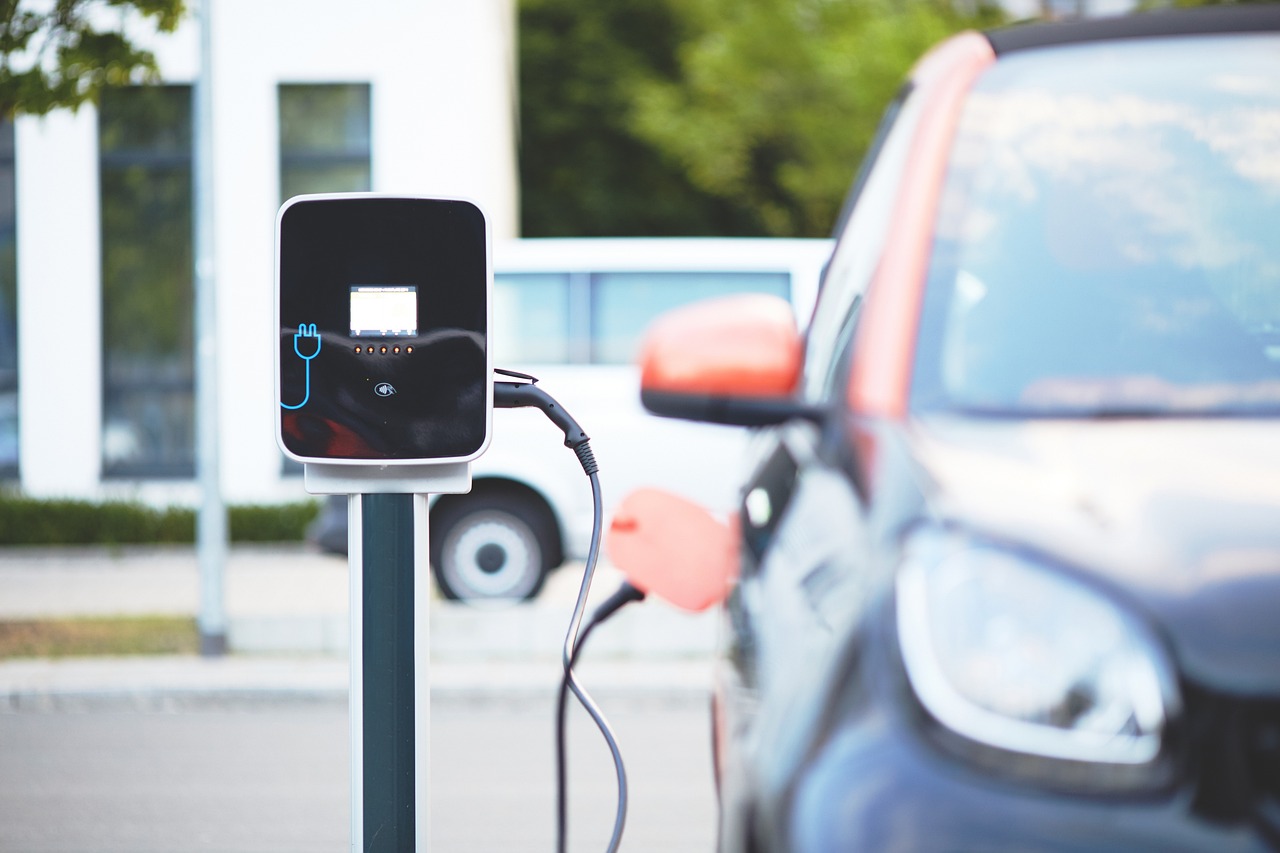
Decarbonisation of transport will bring significant changes to the way humanity moves people and goods around. While electrification may help with both greenhouse and local emissions, it will also convey huge change to car production and servicing chains.
Electrification of transport makes car more of IT product, having battery management software at the core. Such informatisation then brings also changes to interaction between driver and vehicle, slowly removing the driver from the steering wheel.
Will that free more time, or result in more mobility? What will happen to car ownership? Will it persist, or transport will move towards being a mobility service? Will the service then be personal, or more like public transport today? In the end, what we need are passenger-km and ton-km, how we will supply them? Will the batteries cover all our needs, or the energy density will be a limitation to heavy transport and hydrogen and/or electrofuels will help? What about e-roads, would they be preferred option to hydrogen? Will new technologies develop in the same regions where old car industry is, or will the cards be shuffled again? Shall we have enough resources? What about recycling batteries? How will e-mobility be integrated to the power grids, will it help to the integration of variable renewables, or will it bust the grids?
These and many other questions related to the transition of transport systems will have to be answered and we see CAETS as an excellent forum to debate it.
Published: March 29, 2023
CAETS is an independent international organization of 30 engineering and technological sciences academies.
Each year, a conference considered as essential for the dissemination of technology within the international engineering community is organized.
Read moreElectrification of transport and integration with energy systems
Batteries – the core technology
Hydrogen, Fuel Cells and electrofuels
Autonomous driving
Mobility modal shift – roads, railways, ships or planes? [Car sharing, Ride pooling]